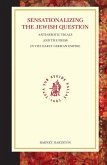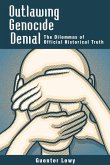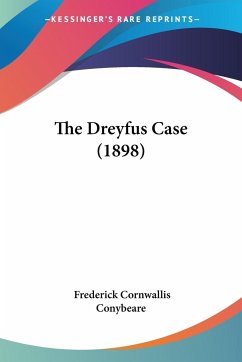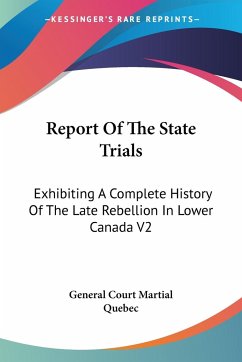Legal systems like to think of themselves as impartial and fair, dispensing the objective morality of Justice. But, from time to time, a court of law can be as political, prejudiced, and biased as any other arm of the State. The classic instance is the story of the trials of Alfred Dreyfus. In December 1894 a French military tribunal found Alfred Dreyfus guilty of high treason. Dreyfus was a Jew; the War Office was determined that at all costs the honour and good name of the Army must be upheld; and both left and right in the French Parliament used the convulsions of the case for what they believed to be their own advantage. The original verdict affected the Army, the Church, the Judiciary and the State over the following twelve years. Even now the case provokes arguments of fierce intensity. Guy Chapman's classic exposition of the long drawn-out trials has been out of print for many years and this present thorough revision incorporates the findings of recent scholarship; it is compellingly readable and unapproachably authoritative. The questions still remain - how far were the Dreyfus Trials the product of a conscious conspiracy, how far an unconscious conspiracy of silence, and how far did 'justice' prevail?
Hinweis: Dieser Artikel kann nur an eine deutsche Lieferadresse ausgeliefert werden.
Hinweis: Dieser Artikel kann nur an eine deutsche Lieferadresse ausgeliefert werden.








